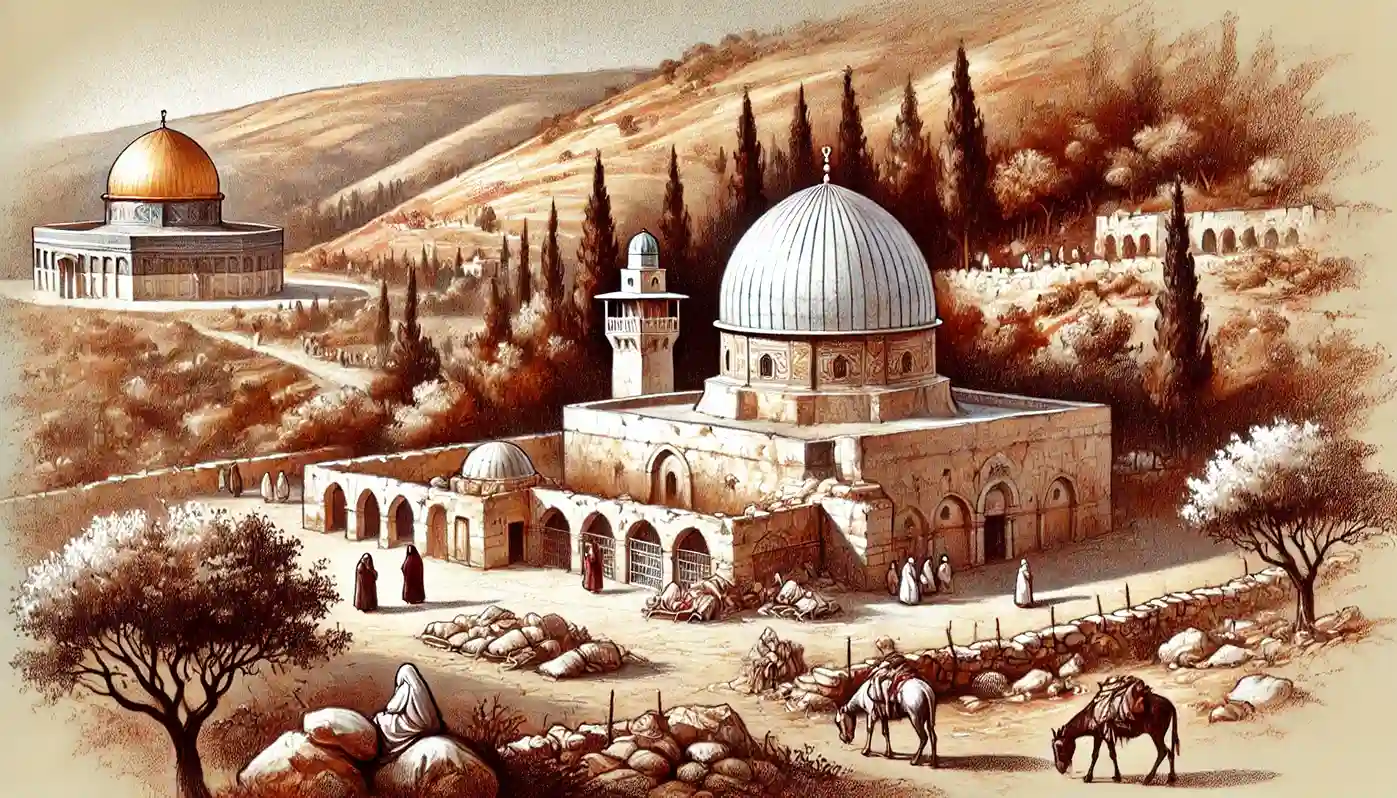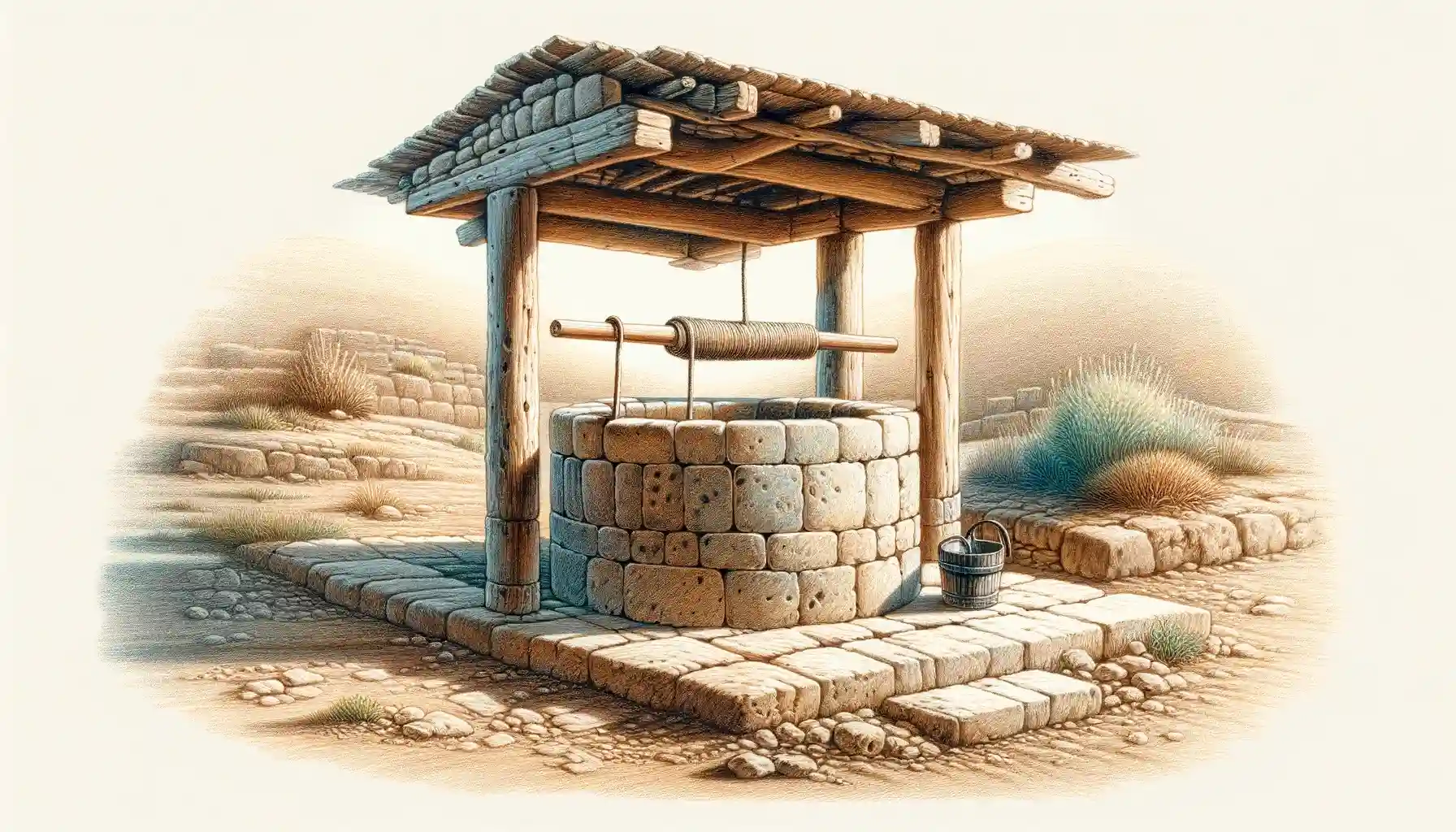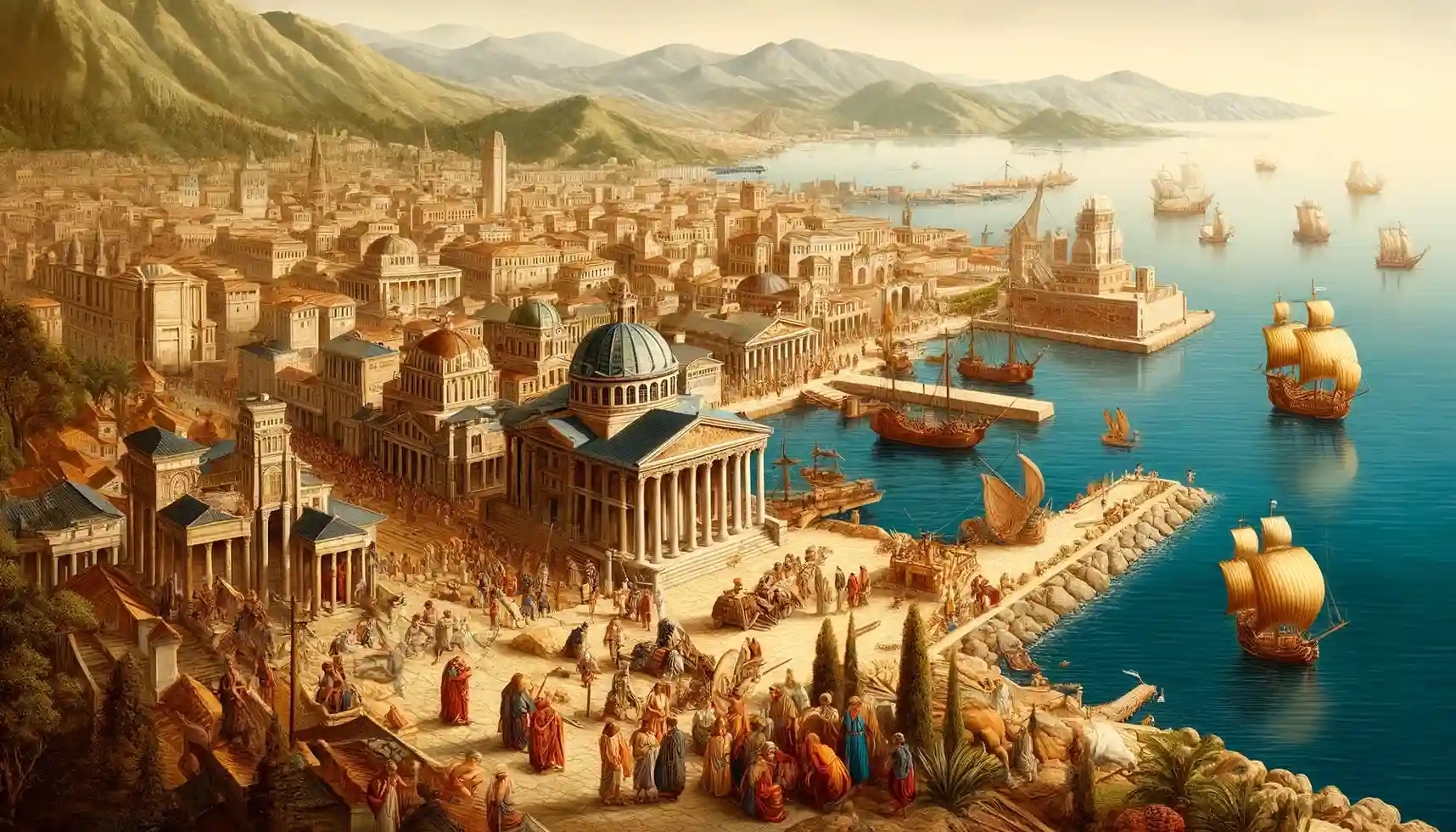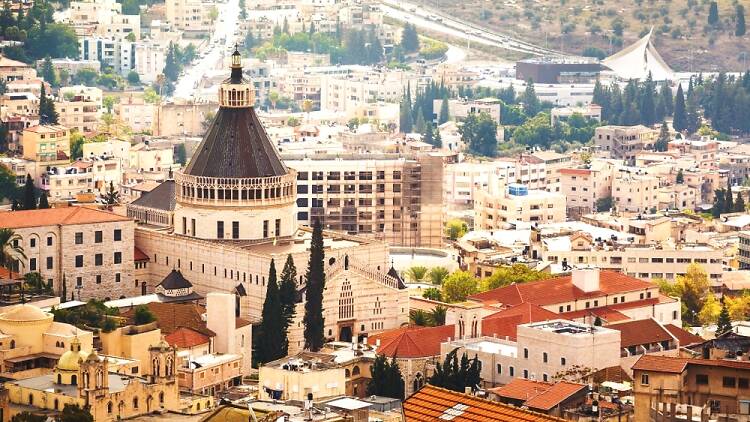Rachel’s Tomb, located near Bethlehem, is a revered biblical site traditionally believed to be the final resting place of Rachel, Jacob’s wife, and holds profound historical, religious, and cultural significance for Jews, Christians, and Muslims.
Jacob’s Well is not only an archaeological site but also a profound symbol in Christian theology, representing the transformative power of Jesus’ teachings and His offer of eternal life.
Thessalonica (now Thessaloniki) was an ancient city in Macedonia, northern Greece, significant in the New Testament for its early Christian community. Founded around 315 BC by King Cassander and named after his wife Thessalonike, it was a key harbor and trade center in the Roman Empire. During Paul’s second missionary journey around AD 50-51, he founded a Christian community there, as described in Acts 17. The city, a cultural hub with Greek, Roman, and Jewish populations, faced persecution, which Paul addressed in his Epistles of First and Second Thessalonians. Today, Thessaloniki is a major Greek city with rich archaeological sites.
Nazareth, celebrated as the childhood home of Jesus Christ, embodies a rich tapestry of historical, archaeological, and religious significance, serving as a pivotal site for Christian pilgrimage and a vibrant symbol of coexistence in the heart of the Middle East.
Jerusalem, a city steeped in millennia of history, holds profound significance for Christians as the site of Jesus’ crucifixion, resurrection, and the birthplace of the Church, embodying the fulfillment of biblical prophecy and a beacon of hope for the promised return of Christ.





